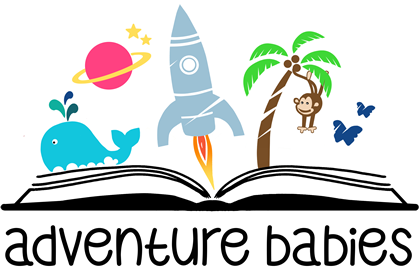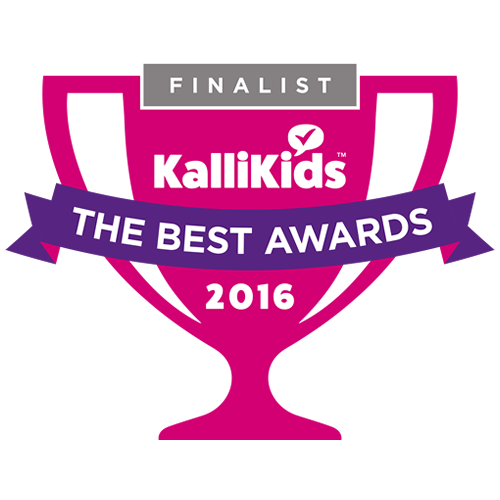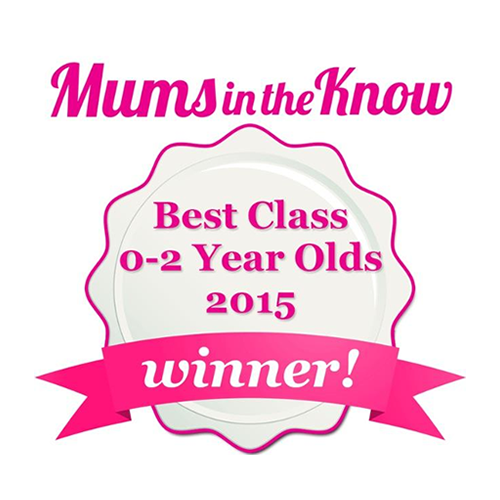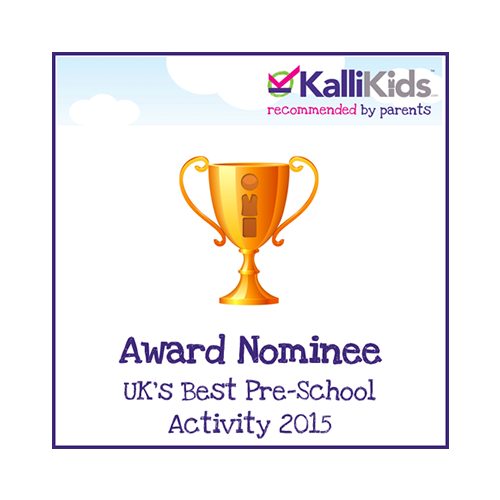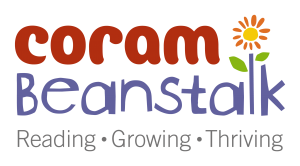Your baby has a lot to say—even before they have the words to say it! Those adorable coos, giggles, and babbles are the building blocks of language, and you, dear parent, are their greatest teacher. So, how can you help your baby to speak and go from “goo goo ga ga” to actual words? Let’s dive in!
1. Talk, Talk, Talk
It might feel a bit strange at first, but narrating your day to your baby is one of the best ways to build their language skills. Describe what you’re doing: “Now we’re putting on your blue socks! One, two!” Use a sing-song voice, exaggerate your expressions, and enjoy the sound of your own voice—your baby certainly does!
2. Respond to Their Babbling
When your baby makes a sound, act like it’s the most interesting thing you’ve ever heard. Make eye contact, respond as if you’re having a deep and meaningful conversation, and encourage them to “talk” back. This turn-taking teaches them the rhythm of conversation before they even know words.
3. Read, Read, Read!
Books are magic for baby brains. Picture books with bold images and rhythmic stories are especially engaging. Don’t worry if your baby chews on the book more than they listen—it’s all part of the process! Reading together helps them hear new words, tones, and patterns in language. At Adventure Babies sensory storytelling classes, we use stories, props, and interactive fun to help babies develop their communication skills while having an amazing time.
4. Sing Your Heart Out
No matter how terrible you think your voice is, your baby thinks you sound like Beyoncé. Songs help babies pick up rhythm, tone, and new words. Nursery rhymes, made-up jingles, or your favorite pop song—sing it all!
5. Use Gestures and Expressions
Clapping, pointing, waving—these little actions reinforce meaning and help babies understand communication before they can speak. When you say “bye-bye” and wave, you’re connecting words with actions, making it easier for them to grasp.
6. Play the Name Game
Label everything! “Here’s your banana. Banana! Yummy banana!” Point to body parts (“This is your nose! Boop!”), name objects in the room, and repeat, repeat, repeat. Repetition helps words stick.
7. Cut Down the Baby Talk (But Keep the Fun Tone)
Babies love playful voices, but using clear, real words helps them learn faster. Instead of “wawa,” say “water.” Instead of “doggy,” say “dog.” They’ll catch on!
8. Give Them Time to Respond
It’s tempting to fill every quiet moment, but pausing after you say something gives your baby a chance to try and “answer.” This builds confidence and encourages them to use sounds and words.
9. Play Sound Games
Make silly animal noises, copy their babbles, and exaggerate fun sounds like “Brrrrr” or “Moo!” The more playful you make it, the more they’ll want to join in.
10. Be Patient and Celebrate Every Tiny Step
Language development takes time, and every baby is different. Some will say their first words at 9 months, others at 18 months. Every babble, attempt, and new word is worth celebrating!
Helping your baby to speak is an incredible journey filled with giggles, surprises, and adorable mispronunciations. Keep talking, keep reading, and most of all, enjoy every little conversation—before you know it, they’ll be talking your ear off!
Want even more ways to support your baby’s language development? Adventure Babies sensory storytelling classes are designed to spark communication, encourage interaction, and build confidence in a fun and engaging way. Join us and see the magic of storytelling come to life for your little one! Find a class near you here.
